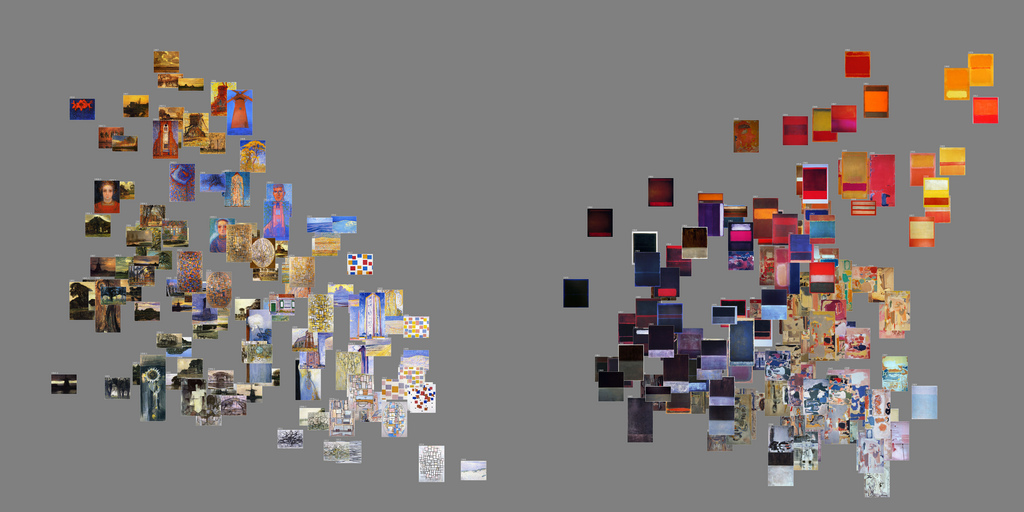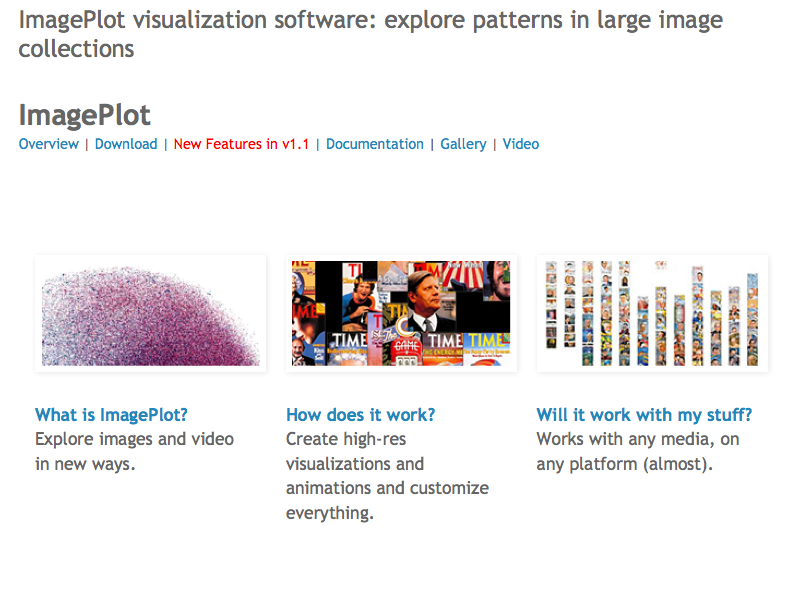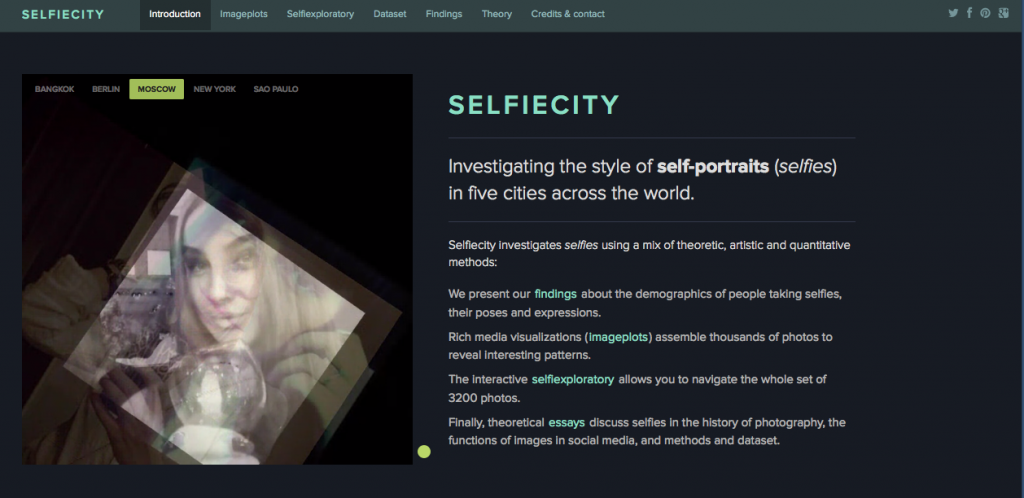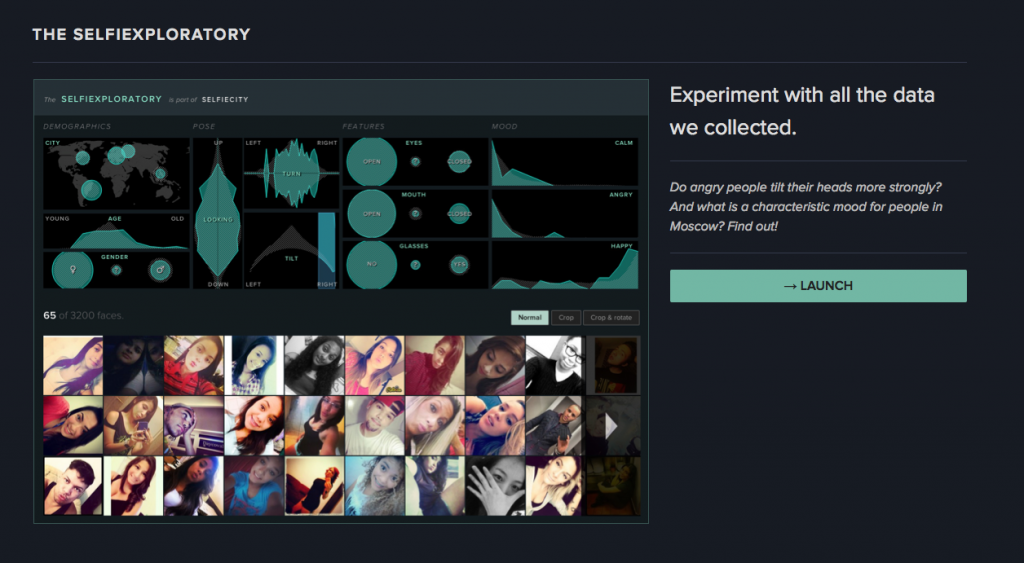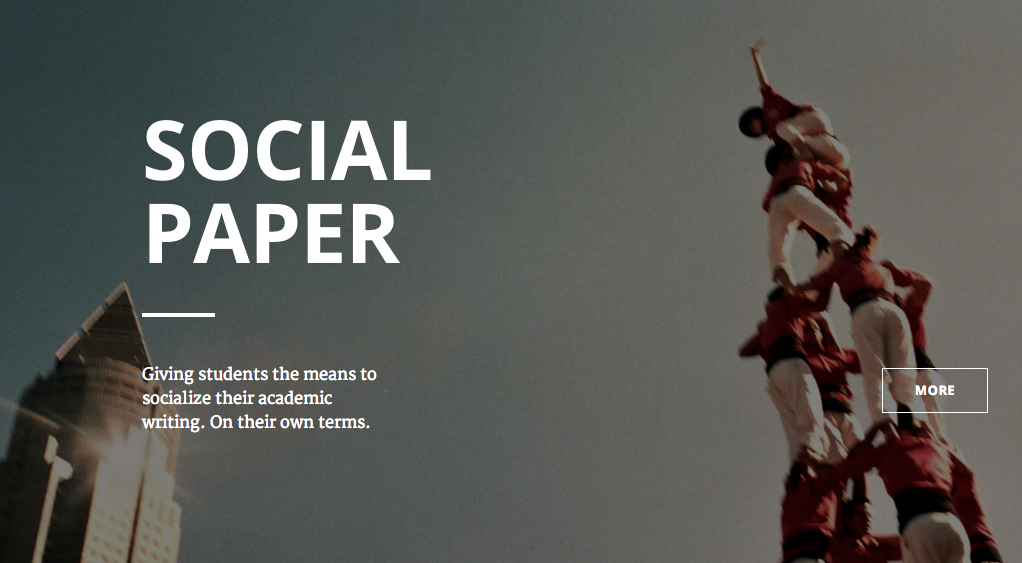Commons In A Box
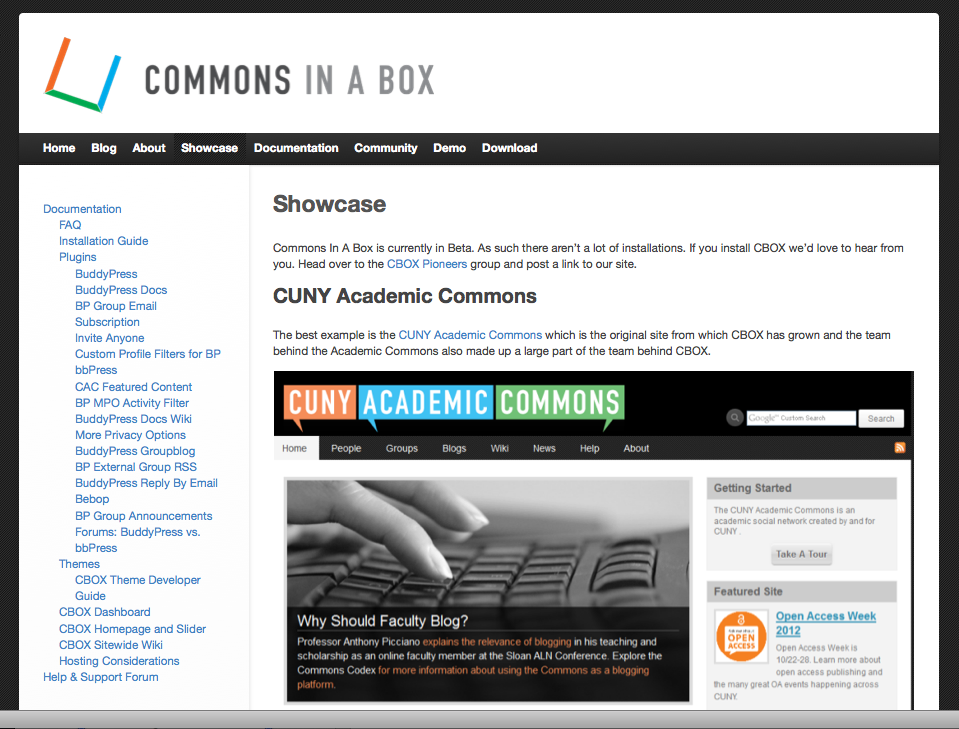 Commons In A Box (CBOX) is a free software project aimed at turning the infrastructure that successfully powers the CUNY Academic Commons into a free, distributable, easy-to-install package. Commons In A Box is a project of the City University of New York and the Graduate Center, CUNY and is made possible by a generous grant from the Alfred P. Sloan Foundation.
Commons In A Box (CBOX) is a free software project aimed at turning the infrastructure that successfully powers the CUNY Academic Commons into a free, distributable, easy-to-install package. Commons In A Box is a project of the City University of New York and the Graduate Center, CUNY and is made possible by a generous grant from the Alfred P. Sloan Foundation.
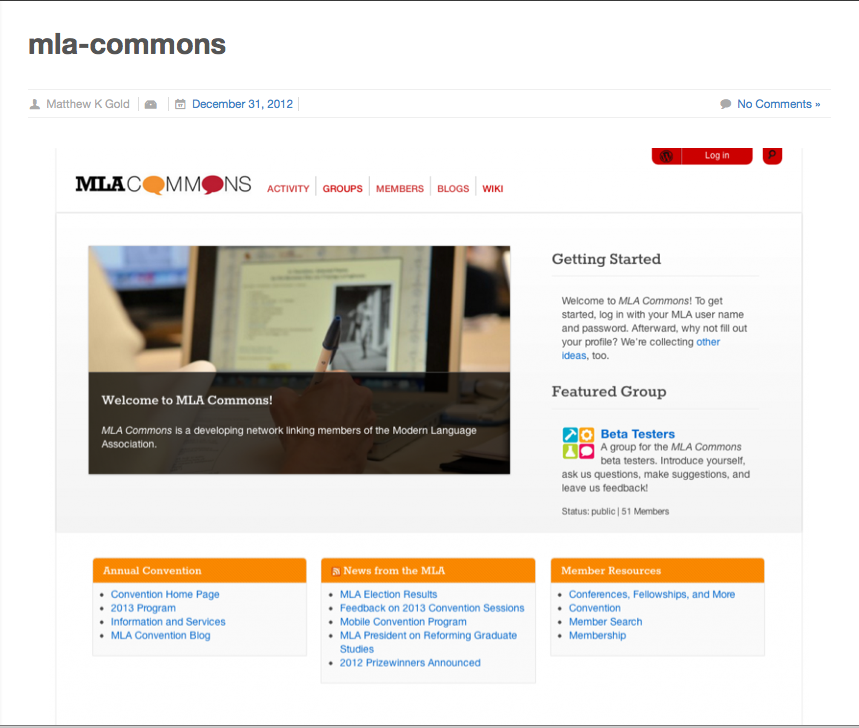 CBOX takes the complexity out of creating a Commons site, helping organizations create a space where their members can discuss issues, collaborate on projects, and share their work. Recently, the MLA utilized CBOX for the for their new MLA Commons which hopes to establish a thriving online community amongst its already large and diverse organization.
CBOX takes the complexity out of creating a Commons site, helping organizations create a space where their members can discuss issues, collaborate on projects, and share their work. Recently, the MLA utilized CBOX for the for their new MLA Commons which hopes to establish a thriving online community amongst its already large and diverse organization.
If you or someone in your organization wants to explore the idea of using this powerful tool, head over to the CBOX website and have a look!



